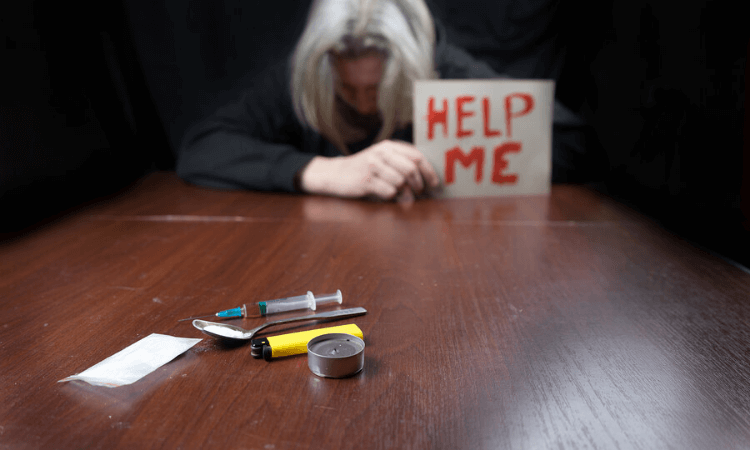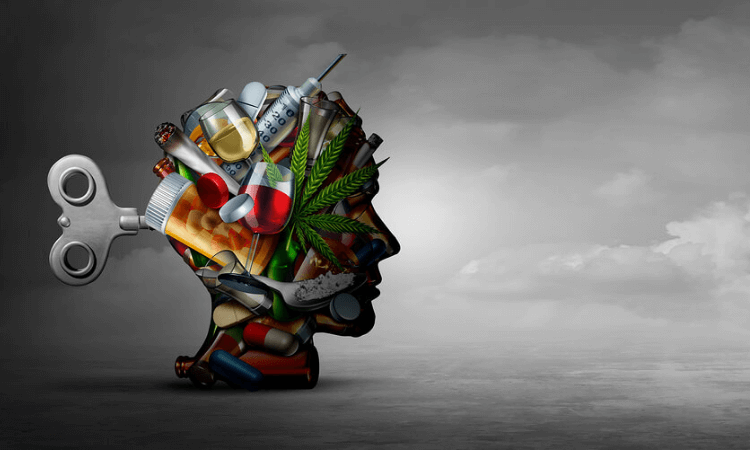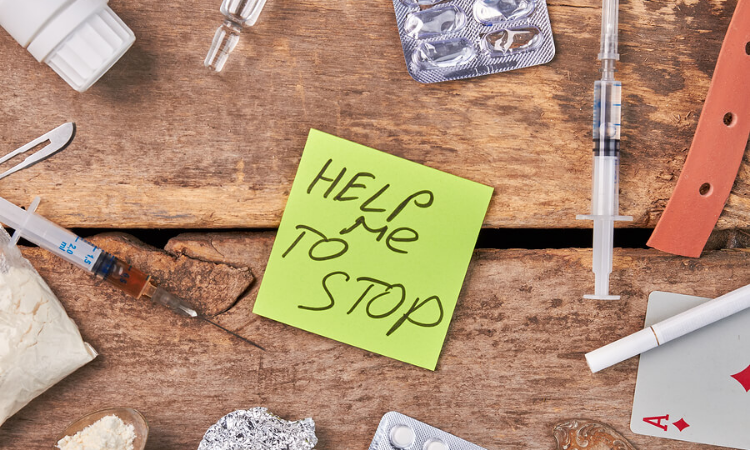
Most major U.S. public health institutions now recognize addiction as a disease, , such as the American Society of Addiction Medicine and the American Medical Association. The National Institute on Drug Abuse (NIDA) states that drug addiction is “a chronic, relapsing disorder characterized by compulsive drug seeking, continued use despite harmful consequences, and long-lasting changes in the brain.”
Many people immediately think of addiction as a disorder related to substances. While many addictions are substance-based, there are other forms known as process or behavioral addictions, in which a person obsessively engages in a certain activity. These may include gambling, sex, shopping, or virtually any activity that produces a surge of feel-good chemicals in the brain.
Addiction symptoms can range in intensity from mild to severe, and, in many cases, they are chronic and can last a lifetime. Addiction, just like cancer or diabetes, is the result of many biological, behavioral, and environmental factors.
Many experts contend that genetic predisposition may account for about half of the likelihood that an individual will develop an addiction. Addiction, however, can also be a product of the many physiological and psychological changes that occur when a person experiments with substance abuse.
Moreover, a person’s genetic susceptibility to addiction often combines with substance abuse and other factors, such as emotional distress. Process disorders are a bit different in that they do not involve the consumption of a chemical that interferes with the brain’s function. They do, however, involve an increase in neurochemicals that people respond to by engaging in an activity over and over again, despite incurring adverse consequences as a result.
Untreated addiction, in any form, can result in severe emotional, and sometimes physical health complications that tend to escalate over time. Other consequences, such as financial, legal, or social problems, are also more likely to occur. Addiction to substances can be life-threatening, and it’s not uncommon for a person to experience more than one.
How Addiction Hijacks the Brain

People feel pleasure or satisfaction when basic survival needs, such as hunger, are fulfilled. These pleasant feelings are related to the release of certain brain chemicals, such as dopamine and serotonin. However, addictive drugs and alcohol also cause the brain to produce abnormally large amounts of these chemicals, which induces a euphoric high, or feelings that far exceed everyday pleasure and reward. Behavioral addictions, such as those related to sex or gambling, operate similarly, but the effects may not be as intense without a direct chemical component to alter them.
Over time, the consistent increase in the release of these neurochemicals alters regions in the brain associated with reward and motivation. As these changes manifest, a person will become dependent on a substance and will begin to require the presence of that substance to feel normal. Similarly, a person with a behavioral addiction will continue to engage in the behavior as a means to increase their pleasure and boost the feel-good chemicals that are associated with an activity.
Due to the body’s tendency to diminish its response to mind-altering substances following repeated exposure, long-term use also typically results in the development of tolerance. Tolerance is a state in which the person begins to require an increasing amount of a substance to achieve the desired effects. Behavioral addictions also tend to escalate for similar reasons related to increases in chemicals such as dopamine.
A person experiencing addiction will likely neglect other responsibilities and formerly important activities in favor of substance abuse or engagement in an activity with which they are obsessed. In the most extreme cases, addiction can result in a person not caring about their own welfare or that of others.
These neurological changes usually persist for a prolonged period, and long after the person stops engaging in addictive behavior. These lingering changes may leave those with addiction particularly vulnerable to cravings and environmental triggers, which significantly increase the risk of relapse.
The Argument on Addiction: Disease or Choice?
A chronic disease is a long-term, persistent condition that, although usually incurable, can often be managed or controlled using various therapies, treatments, and techniques. Many people with addiction have a serious and long-lasting condition that adversely affects their lives in a variety of ways. For these individuals, addiction can be an accelerating, relapsing disease that requires intensive treatment and long-term maintenance to improve.
However, even the most severe and chronic forms of addiction can be managed, and many symptoms are reversible. This can be achieved through participation in a comprehensive addiction treatment program and the continued administration of professional therapies and support.
In nearly every sense of the word, the nature of addiction resembles that of other chronic diseases. The truth is that many other conditions that people suffer from were entirely avoidable if they had made healthier lifestyle decisions. Still, few accuse these individuals of choosing to have their condition. While their choices don’t often make them a target for moral platitudes, addiction, and the stigma that surrounds it, may do so for others.
Moreover, people can choose to experiment with substances, but they don’t choose to have an addiction. Even those who have behavioral addiction experience brain changes that are, at the very least, temporary. Such changes, also seemingly mostly mental and emotional, can be every bit as long-lasting and intense as diseases that are primarily physical.
The Myth of Willpower and Moral Failure

The decision to use a substance is indeed a person’s free and conscious choice. However, after the brain’s functioning has been altered by repeated drug use or the engagement in a certain activity, a person’s willpower becomes impaired. As a result, they will have lost nearly all control and restraint over their addictive behavior.
Moreover, people who experience an addiction should not be wholly blamed for it. All people make decisions about whether or not to use a substance or engage in an activity, but they do not control whether or not they will become addicted. Some people experiment with drugs or alcohol and can do so occasionally or decide it’s not for them. Others can gamble in Las Vegas while on vacation and not feel the need to do it on other occasions.
But all people are unique individuals. Our brains and bodies react to things in different ways. While one person might become addicted to sex, another might become addicted to heroin. Some people will never be addicted to anything. Much of the time, people who become addicted to substances or behaviors are simply emotionally damaged individuals who suffer from untreated mental illness or have experienced some form of trauma in life.
And, sadly, these people are often trying to self-medicate away distressing thoughts and feelings. In doing so, they end up making matters far worse for themselves and those who love them.
Is There Another Side to the Story?
As noted, most experts believe that the dramatic disparities between individuals, their biology, and their experiences are why some people can control their substance use or behavior, while others cannot. Nonetheless, there are many people who still believe that addiction reflects a person’s moral or social failings, and the choice to not use is the only problem.
This perception, however, is unhelpful and instead fosters the erroneous assumption that an addict could just stop it if they would simply make a choice to be “moral”. However, the truth is that an overwhelming majority of people with addiction find it nearly impossible to achieve and sustain long-term sobriety by leaning on a higher morality alone.
It is vital to note, however, that regarding personal accountability, one thing is true—people with addictions are responsible for seeking treatment and sustaining their own recovery. No one can do that for them. Just like a person with diabetes needs medical treatment, so do addicts. Both must be accountable for their health and be willing to do the work involved to foster the best outcomes for themselves.
Treatment for Addiction
Recovery in Tune offers comprehensive outpatient treatment programs intended to provide clients with the tools and support they to fully recover from addiction to substances and behaviors. Although there is no wholesale “cure” for addiction, it is, however, very treatable and can be effectively managed.
If you are ready to begin the recovery process, contact us as soon as possible! Discover how we help people free themselves from the chains of addiction and begin to experience the healthy and fulfilling lives they deserve!